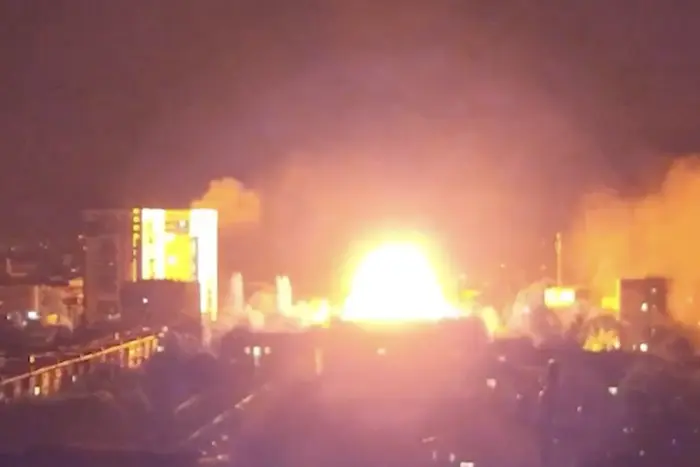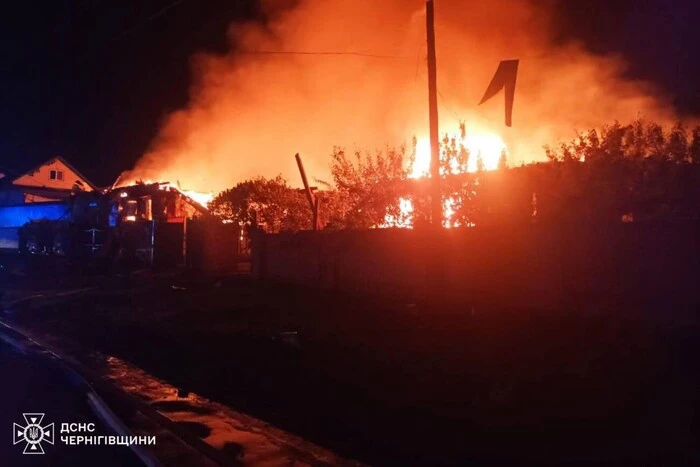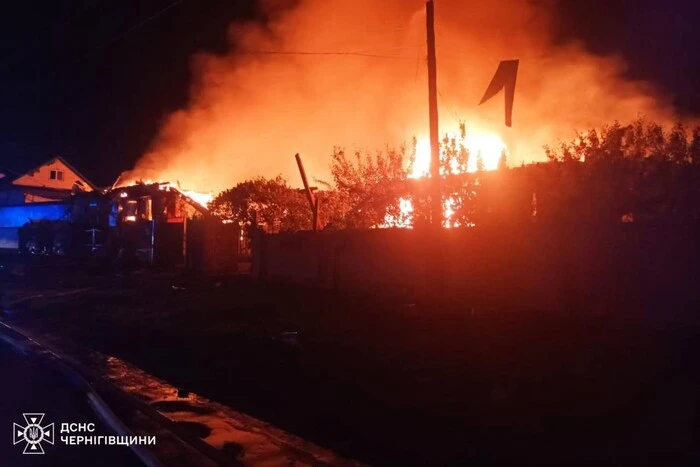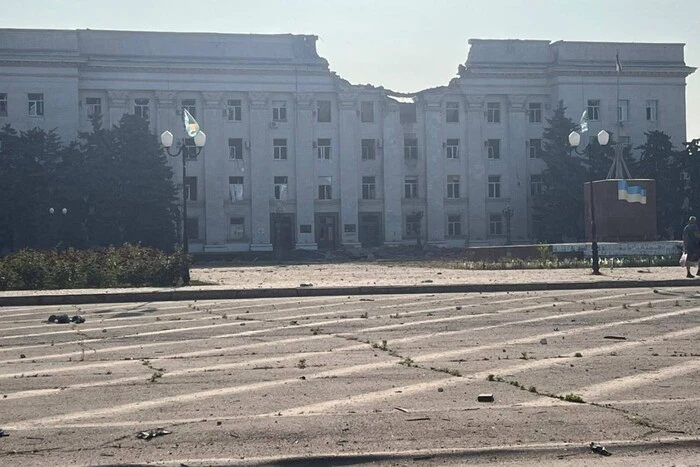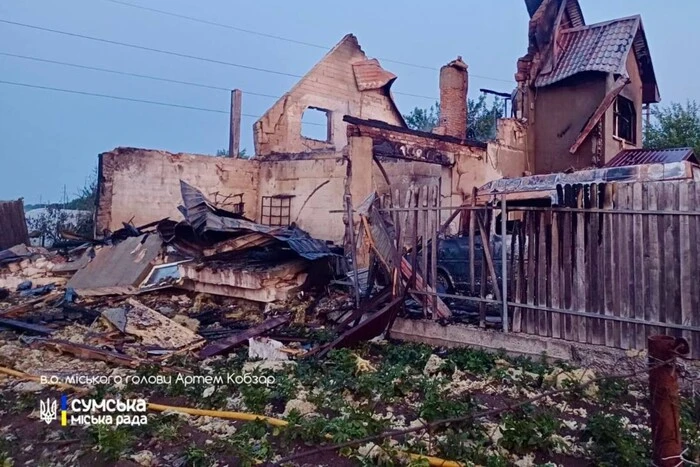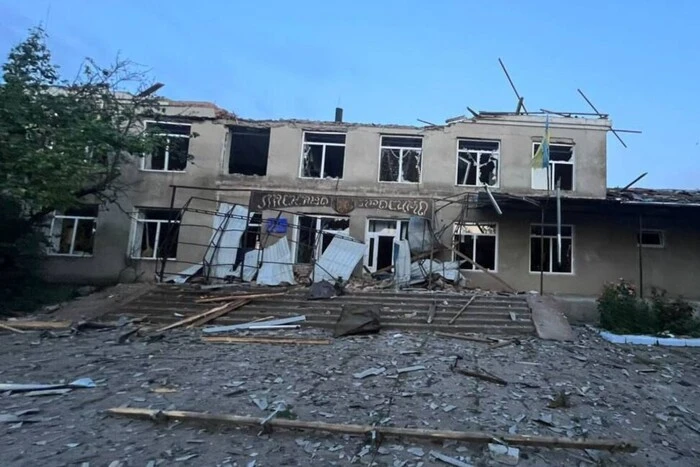One of the cities in Ukraine transitions to hourly water supply.

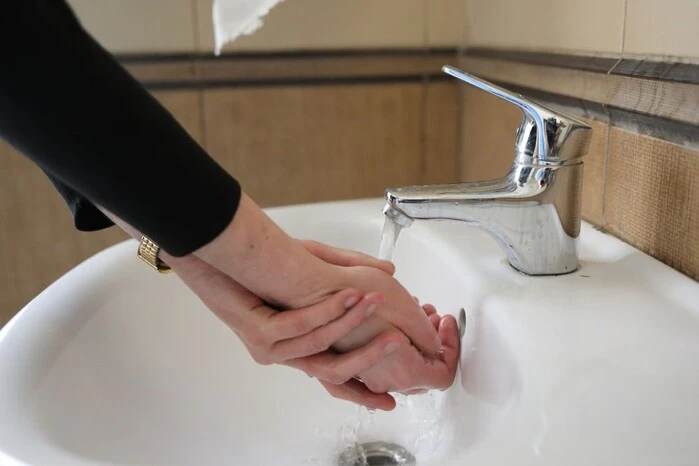
In April, 'Rivneoblvodokanal' plans to introduce water supply with reduced pressure during certain hours, which will lead to temporary interruptions in the water supply. The company reports that it is already preparing for such a regime. This will mean reduced water pressure for many consumers, and residents of upper floors are likely to remain without water for a certain period.
At 'Rivneoblvodokanal', they understand that this may cause inconveniences, but emphasize that this step is forced due to the difficult financial situation. The acting director of the company, Andriy Gruhal, noted that the economically justified tariff for water supply and sewage should currently be 57 hryvnias 7 kopecks per cubic meter for all categories of consumers. However, the current tariff for the population lags behind reality and amounts to 32 hryvnias 60 kopecks, including VAT.
The incorrect tariff has led to an increase in the debts of 'Rivneoblvodokanal', which already exceeds 115 million hryvnias. Part of this debt is for electricity, while the other part is debt to 'Rivneazot' for wastewater treatment. It is noted that the 20 million hryvnias allocated by the Rivne Regional Council are insufficient to resolve this issue.
The municipal concern 'Center of Communal Services' reminded consumers about the possibility of restructuring their debts for housing and communal services in Kyiv.
Read also
- The Mayor of Kharkiv showed how the occupiers attacked residential buildings with drones at night (video)
- A day of mourning announced in Pryluky after a large-scale attack
- The RF attacked the hometown of the fire chief in Pryluky
- Occupants dropped an aerial bomb on the Kherson OVA
- Sumi was attacked by 'Shaheds': photo of the aftermath
- Occupants struck Odesa region with drones: a medical facility and a lyceum destroyed

